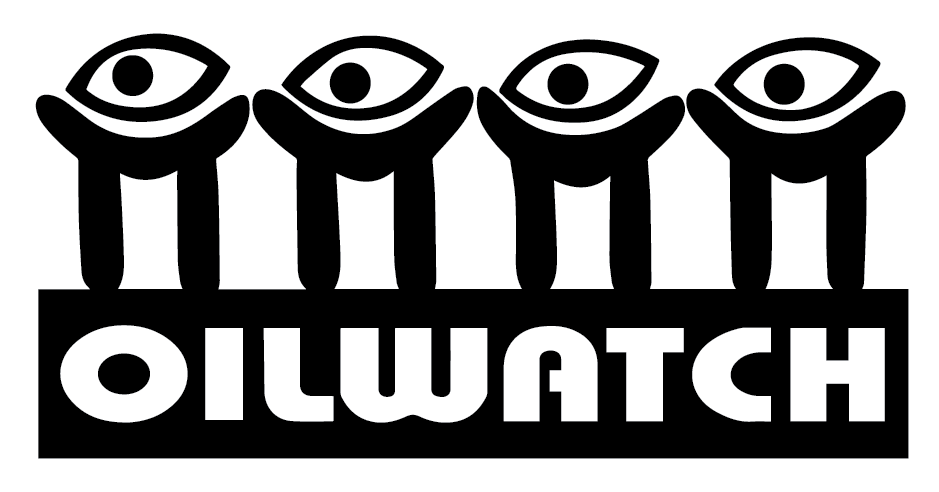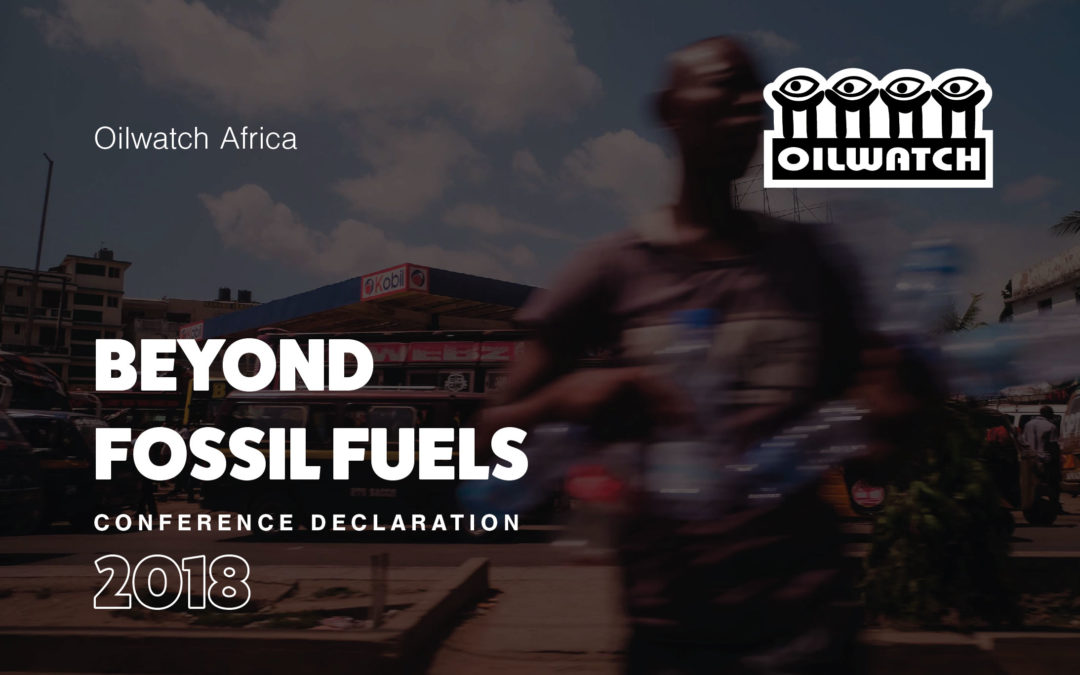Beyond Fossil Fuels
The Oilwatch Africa conference held in Lamu focused on the theme: Beyond Fossil Fuels..
Oilwatch Africa network members, Lamu community representatives, non-governmental organisations (NGOs), community-based organisations (CBOs) met in Lamu Kenya, between 6th – 10th of August, 2018, to consider the politics of fossil fuel extractions, the impacts of fossil fuels on the continent and the strategy to unlocking Africa’s power towards alternatives to fossil fuels energy systems that are environmentally friendly and socially just.
The Oilwatch Africa members considered the implications of the proposed LAPSET project (Coal power plant, deep Sea Port and Oil extraction) by the Kenyan Government on the socio-economic lives of the people of Lamu which includes the impacts of these projects on their culture, agriculture, fisheries and livelihoods of the people.
Save Lamu movement, shared its experiences on the struggles they are going through to ensure that the proposed coal project does not scale through and this is done through the mobilisation of partners, stakeholders, and community actors across Kenya, including grassroots organisations part of save Lamu movement.
The conference analysed:
- The struggles of the people of Lamu in saving their environment from the destructions and degradation that would arise from the coal power plant , deep sea port constructions and oil exploration in Lamu.
- The political and economic interests of the governments and multinational oil companies, further more the impacts of fossil fuels was also addressed where, it was explained that oil pollutions respects no boundaries, weather the land has oil or not, we must be concerned about the extractive activities.
- Political corruption and abuse of political power was also analysed as major problem faced by the people.
- Globally the world is transiting from coal and oil extractions to renewable energy because oil is rapidly diminishing, therefore it is imperative as Africans to adopt this measures by making a transition to 100% renewable energy sources
- The rise of human and environmental rights abuses visited on our communities and peoples,
- Issues of land grabbing, displacements and the marginalisation of communities in Africa,
Oilwatch Africa noted that “leaving the fossils in the soil” and use of “Renewable Energy” is possible and is the inescapable path to protecting our nations, tackling global warming and securing a future for our children.
Leaving fossil fuels in the ground will be a powerful means of mitigating the impact of climate change;
Therefore, we make the following demands:
- Community natural resources protection rights should be practiced to give opportunities for benefits sharing.
- Communities should be fully involved in the EIA processes and engagement in any initiated development projects by the state so as to create platforms for access to information and decision making.
- Bilateral supports in protecting Lamu unique environment from unfriendly and destructive projects such as the Lamu power project should be initiated.
- Building a new energy system based on socially owned renewables with jobs in manufacturing as well as construction and operations;
- individual mines and the mining regions as a whole should be rehabilitated, restore and d damaged land and ecosystems should be detoxified and these lands used to build utility-scale solar farms;
- African governments should commit to democratic practice and ensure that people defending their lands from coal – and other mining, gas and oil exploitation are not threatened in any way.
- Building good energy efficient homes supplied with solar water heaters (with servicing after installation) so that people stay comfortable with minimal energy use;
- Creating a zero waste economy, eliminating built-in redundancy and throw-away products and developing high levels of recycling and composting of organic wastes;
For us this could be a future.
This declaration was issued on the 7th of August, 2018 in Lamu, KenyaParticipants at the meeting were drawn from Kenya, Ghana, Nigeria, Mozambique, South Africa, South Sudan, Swaziland, Togo and Uganda.

